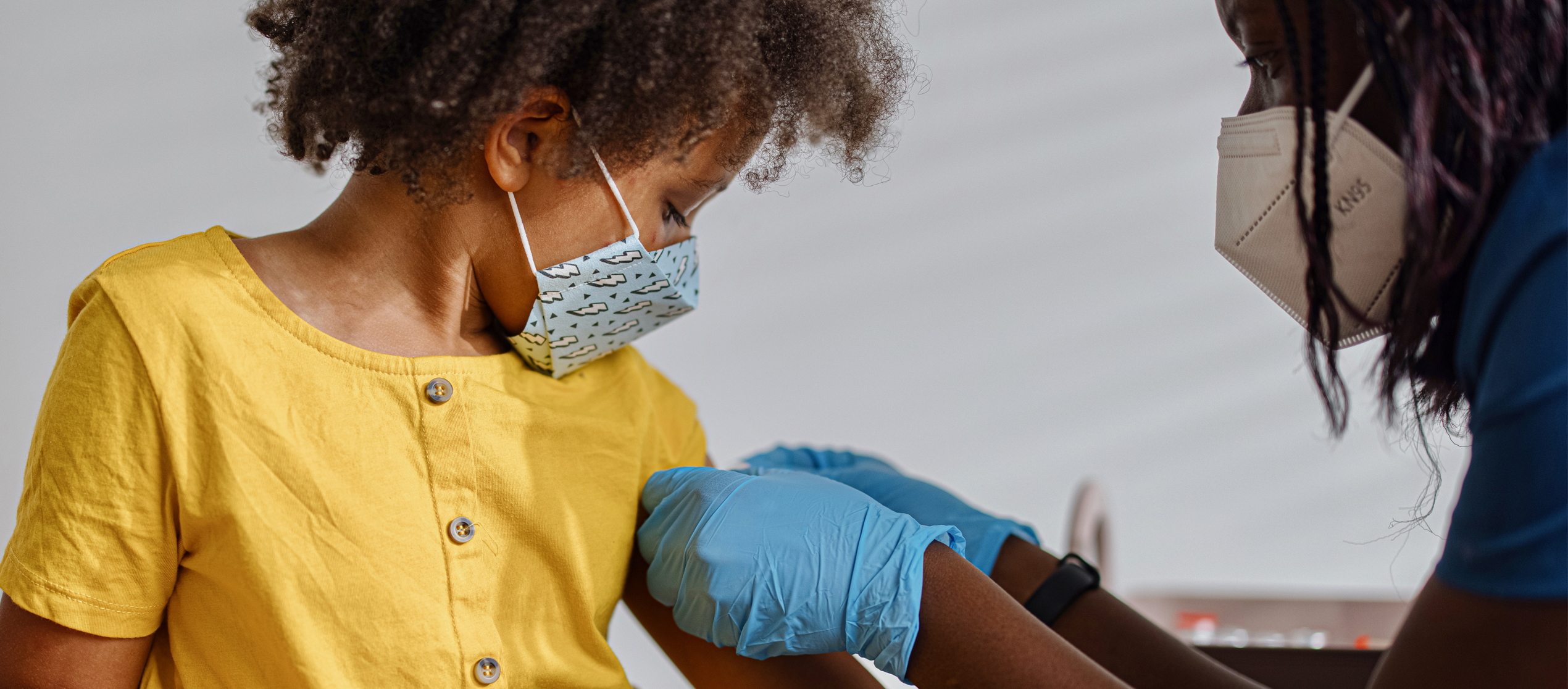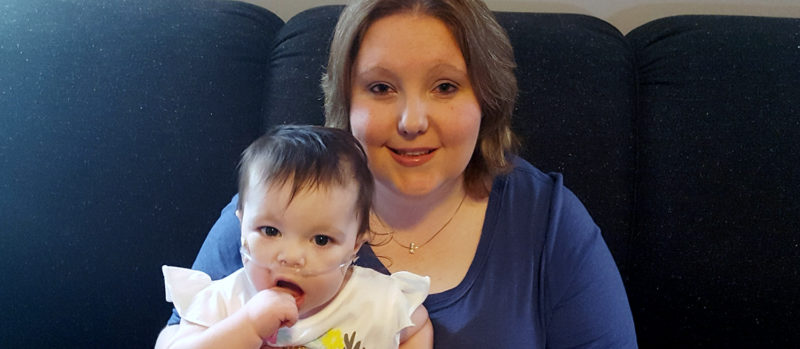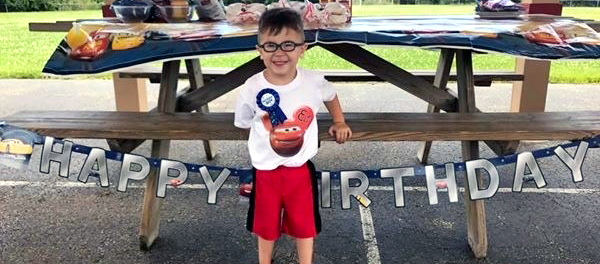As the pandemic continues, many parents of children with heart conditions have questions and concerns about COVID-19 and how to keep their children safe and healthy. We asked cardiologist Sean Lang, MD, about the vaccine and ways to protect heart patient families. Here are his answers.
Are children with heart conditions at greater risk for complications if they get COVID-19?
Not necessarily. Overall, we’ve been relieved to see that children experience less severe symptoms and fewer hospitalizations when compared to adults, and that includes our pediatric patients with heart conditions.
With that said, there is always a risk that when a heart patient gets sick from anything, including significant viruses like COVID-19, there could be additional health challenges that can be severe.
What type of health issues does COVID-19 cause in children with heart conditions?
In most cases, children with heart conditions have the same reaction to COVID-19 as children without an underlying heart issue. Some research suggests that a very small percentage of children develop multisystem inflammatory syndrome in children (MIS-C), which is an inflammatory condition resulting in fevers. It affects multiple organs, including the heart. The reaction is rare but can be quite severe in patients. Thankfully the condition is treated successfully in the majority of cases.
How can parents protect children with heart conditions against COVID-19?
Get them vaccinated.
In early November 2021, the Centers for Disease Control and Prevention (CDC) released guidelines recommending everyone ages 5 and older get a COVID-19 vaccine. Widespread vaccination is the best way to offer protection for everyone, especially those at higher risk.
Cincinnati Children’s Heart Institute currently recommends the COVID-19 vaccination for pediatric patients with congenital heart disease. In trials, it has been found to be very, very safe and effective at preventing serious infection.
Is the vaccine safe for kids with heart conditions?
Yes. Anyone who has concerns about the COVID-19 vaccine’s safety should talk to their child’s physician. But by and large, there are very few reasons preventing heart patients from getting the COVID-19 vaccine. All our experience, research and data show the benefits of vaccination far, far, far outweigh the risks.
Does the COVID-19 vaccine cause heart inflammation?
There has been a rare association with the COVID-19 vaccine and myocarditis, pericarditis and myopericarditis. These are conditions where there is inflammation of the heart muscle and/or its surrounding tissue. At Cincinnati Children’s, we’re very involved with the CDC and the Clinical Immunization Safety Assessment (CISA) Project. We’ve been reviewing cases of adverse events as they’ve been reported.
The biggest concern came from males in the 12- to 17-year-old age group following the mRNA-based COVID-19 vaccine. Pfizer-BioNTech and the Moderna COVID-19 vaccines use mRNA.
But even in those cases, the numbers of serious side effects were still minimal. Out of 1 million doses administered, 80-90 cases experienced heart inflammation. Reports indicate their symptoms were not severe and did not last long. Most patients were home within days of admission and had no symptoms when they left the hospital.
Currently, there were no reported cases of myocarditis, pericarditis or myopericarditis in the vaccine clinical trials of the 5- to 12-year-old age group.
After careful review of the medical evidence, we believe strongly the benefits of getting vaccinated far outweigh the likelihood of treatable complications that rarely occur.
What about kids who are too young to get vaccinated? How can parents protect them?
For infants and children under 5 years old, there still is no vaccination available. The best way to protect the youngest pediatric heart patients is to continue the safety precautions we’ve been taking throughout the pandemic.
- Get all family members and people living in the house who meet the age requirement vaccinated.
- Anyone older than 2 years of age should wear a mask in indoor public places. With rare exceptions, most children can safely wear a mask – even those with health concerns. Do not put a mask on children younger than 2 years old.
- Outdoor activities are safer than those that take place inside.
- Limit visits with people you know are unvaccinated or whose vaccination status isn’t known.
- Avoid large crowds and stay 6 feet away from others when in public places.
Will you get the COVID-19 vaccine for your own children?
Without hesitation. I’m choosing to vaccinate my two children who are old enough to get the vaccine. And I’ll get my youngest vaccinated when he becomes eligible. I don’t think I’m alone in my enthusiasm to get my children vaccinated. Vaccination provides the comfort of knowing you and your family are doing all you can to protect yourselves and your community.
To stay up to date with information about COVID-19, visit the Heart Institute COVID-19 Resource Page.






